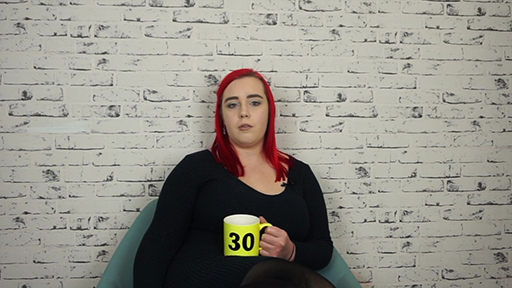Mental health and trauma
Due to the nature of the care system, children and young people often come in at a point of crisis in their life and this can have long-term effects on their mental health.
Care-Experienced young people are more than one and a half times more likely to experience anxiety and other mental health issues. In general, Care-Experienced people are twice as likely to have poor health (Independent Care Review, 2020 [Tip: hold Ctrl and click a link to open it in a new tab. (Hide tip)] ). In a report from 2014, it was identified that 45% of looked after children and young people (aged 5–17) in Scotland had a diagnosable mental health problem (CELCIS, 2014).
There are a variety of reasons why a child or young person would enter the care system. In 2018/19, 84.5% of referrals to the Children’s Reporter were on care and protection grounds (SCRA, 2020). Care and protection referrals can include emotional abuse, physical abuse, sexual abuse and neglect. Children and young people coming into care may have already experienced developmental and relational trauma and have often lived through multiple, overlapping and co-occurring traumas, losses and stressors (Treisman, 2017). These experiences and traumas can have a lifelong impact as they grow older.
The experience of coming into care may bring positive changes, but for some this change can bring new worries and concerns as everything and everyone is unfamiliar. If young people are moved around a lot, they may give up on making new friends and relationships as they find it difficult to see the point of them if they’re just going to move. Fewer moves and strong meaningful relationships can have a significant impact on a young person’s wellbeing and in many cases on their mental health.
In the video, Megan talks about her experience of mental health issues while at university and the support she received.

Transcript
I got quite depressed and I dropped out of university. I just felt ashamed because I was a girl who was going to go to university and be fine, and I got the grades to prove that I was clever enough. So, when I dropped out of uni and I felt like I was adding to the statistics that said care experienced aren’t going to be able to achieve what they want to, that was quite difficult for me. The Care Experience Coordinator at uni kept in touch, though, during the time that I was out, and supported me to come back the next year, which was really great. They also got me some mental health support on campus, and I got disability arrangements, so flexibility in attendance. Because when I came back, even though I knew that I should be there, I’m clever enough and I want to do the course and I’m capable of being here, I still felt like the odd one out, so that caused a lot of anxiety and I couldn’t attend classes because I felt that people were then noticing when I was missing, because my hair’s quite identifiable. So, people were starting to know that I wasn’t there much, and that felt quite stigmatising to be recognised to not be attending, maybe have some mental health issues going on, and also coming from being in care.
Housing and homelessness
